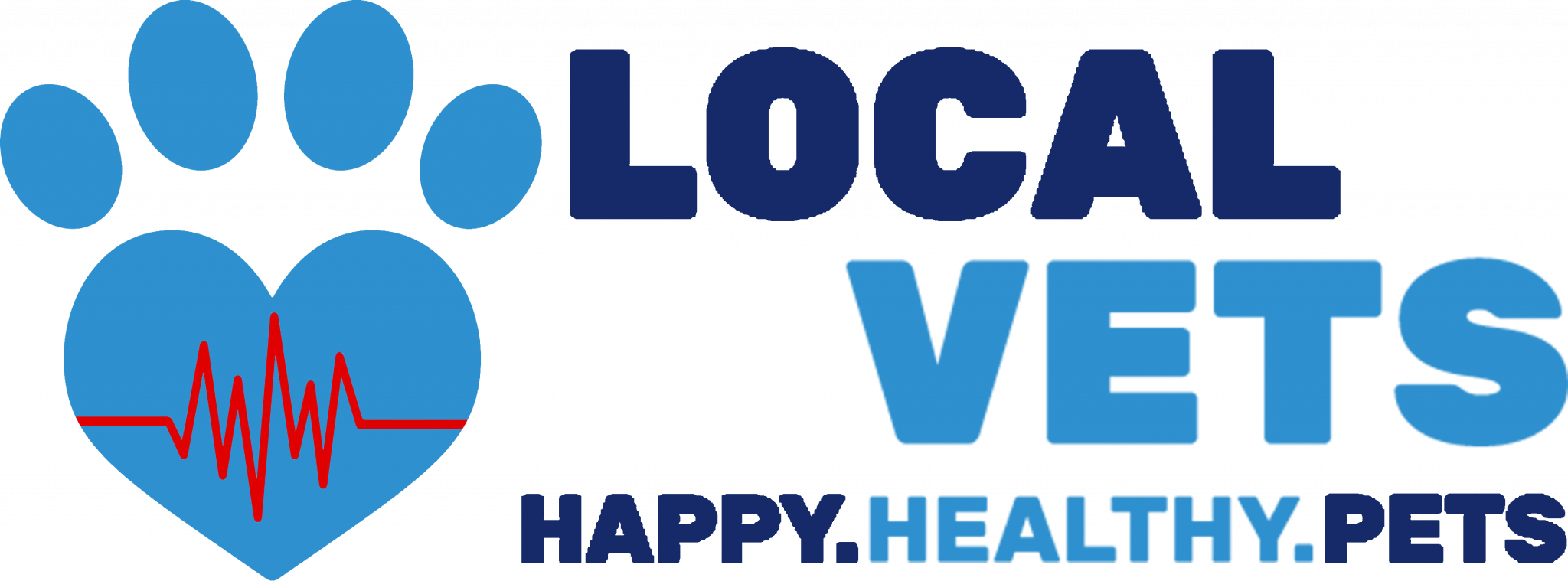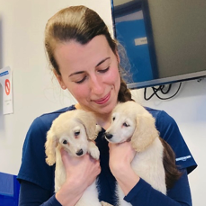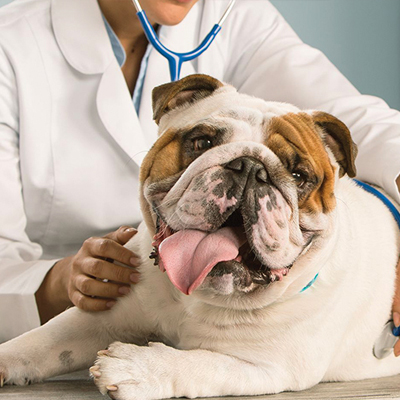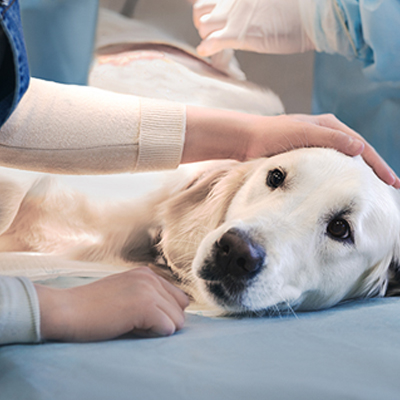Bulldogs
Here at Local Vets we love all animals but there is a special place in our heart for bulldogs! Our entire team is experienced with bull breeds and knows how to take care of them. We understand their quirks; that they are a little chunkier than others, they are a little wrinklier than most and a whole lot more stubborn, but we love them warts and all. So Local Vets are place to go for bulldog advice!
Our team truly understands Bulldogs. Years of experience with this wonderful breed have given us the knowledge to provide exceptional care. This expertise is shared across our entire team from our receptionists to our vets and nurses ensuring every Bulldog receives the attention and understanding they deserve.
Below our nurses have put together a few tips, tricks and things to look out for with your bulldog.
The Basics:
- Insure your pup from day 1; your policy ideally will be; a lifetime policy, have a good value of cover per condition or overall and have a low excess
- Get a suitable collar and identification tag for your pet
- Ensure your pets microchip is up to date and has the correct details
- Do your research! When buying a pup there are a lot of questions that you should have the answers to prior to purchasing your pet.
- Book in for a free ‘new pet health check’ with our nurse and they will be able to advise on those first critical steps for your new puppy.
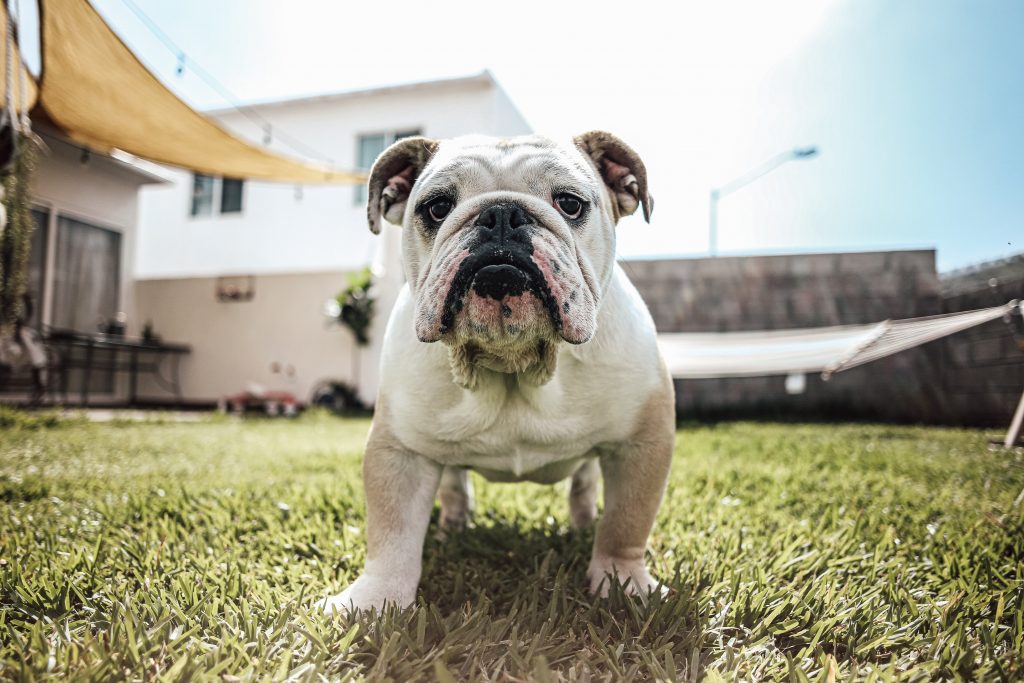
Specialist Bulldog Services We Offer:
At Local Vets Halesowen, Rumen and Ves are skilled and experienced in Bulldog care. Specialist services they offer include:
- BOAS (Brachycephalic obstructive airway syndrome) treatment
- Entropion (inverted eyelids) treatment
- Screw Tail Correction
- Orthopaedics such as luxating patellar and Cranial cruciate ligament repair
- Dietary and behavioural advice
- Allergy investigation and treatment
Click here for more information on our orthopaedic procedures
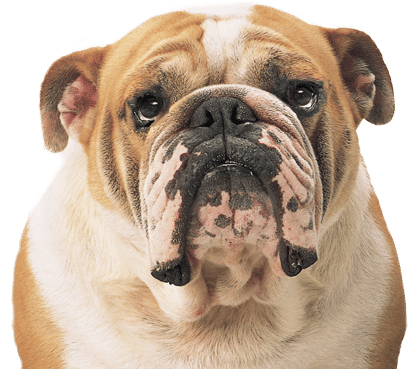
Eyes – Your bulldog’s eye can be very sensitive and can require a little TLC. If you already own a bulldog, you may have seen that due to their excess skin and folds, their eyes especially can get tear stains and become very dirty. To prevent this, there are a few things you can try at home to stop this from happening.
We recommend wiping your bulldogs face and eye area daily (including down the muzzle where moisture will gather), this can be done with an un-fragranced baby wipe and soft tissue to dry them afterwards.
Bulldogs can often be prone to dry eye (Keratoconjunctivitis Sicca) so its important we take care of their eyes to ensure that with old age and depletion of tears, we can maintain eye health for your beloved pet. Its not just bulldogs who suffer with this, West Highland Terriers, Cocker Spaniels, and Lhasa Apsos are also some of the breeds prone to the condition.
If you are concerned about dry eye, there are some Lubricating drops which can be used daily as a preventative measure.
Book in to see your vet if your dog has recently developed tear staining, it’s often harmless but could be caused by an eye problem.
Tail – If your bulldog has any form of screw tail (corkscrew tail, ingrown tail, tail fold dermatitis or tail fold intertrigo), we would highly recommend getting it checked out by the vet. Some of the milder screw tails can cause no complications at all and will just require regular cleaning, however in more severe cases and uncleaned and untreated screw tail can lead to nasty infections and a great amount of discomfort for your pet.
For general cleaning, we would recommend purchasing some antibacterial and anti-fungal wipes, if you cannot find any online, we do stock them here and with all our bulldog friends, they receive great reviews. Always wear gloves and wash your hands and surfaces afterwards.
Take the wipe and gently start to work your way into the tail pocket area. If your dog is in discomfort or if any blood is visible, stop and call your vet as there may be an infection which requires further treatment. Repeat the process of wiping the area 2-3 times and once the wiper comes clean, you can dry the area as much as possible with a paper towel or tissue.
Signs to look out for:
• Clumps of hair falling from the tail
• Bum rubbing or bum scooting
• Bad smells or smelly discharge from the tail area
• Redness and/or inflammation of the tail area
If left untreated, an infected tail pocket can cause great discomfort for your pet and potentially worse. Please seek your vets advise should your pet be experiencing any of these symptoms.
Joints – Bulldogs can be clumsy at times but alongside their clumsiness, they also have some joint issues that they can be prone to:
• Hip Dysplasia
• Elbow Dysplasia
• Hemivertebrae
Your bulldog is a special animal, not made in the image of anything else! Because of this, we recommend adding a joint supplement early with your dog to ensure safe and proper growth of the joints and bones.
Some other things we would recommend:
• Maintain a healthy weight (if you are worried about your pet’s weight, you can book in with our nurse for a free weight check).
• Add a joint supplement to their diet, ask one of our nurses what to look for when purchasing a supplement.
• Keep active, take short regular walks on grass if possible.
• Provide a supportive bed for your pet.
Skin – Bulldogs are prone to skin fold dermatitis (skin inflammation) due to the rubbing of skin and trapping of moisture in the tail, lip and facial folds. They can also be sensitive when it comes to diet. Below are a few symptoms to look out for and tips on maintaining healthy skin for your pet.
Signs of a skin condition may include:
• Severe itching (licking, chewing, scratching)
• Hair loss, partial or complete
• Hyperpigmentation
• Scaling of the skin
• Skin lesions (eyelids, flexural surfaces, axillae)
• Superficial pyoderma (very common in skin folds and wrinkles)
Some of the causes are:
• Allergies
• Stress
• Reactions
• Mites
• Eczema (Canine Atopic Dermatitis)
• Acne
Tips:
• Find a food that suits them, there are many hypoallergenic foods on the market, we stock a few here and the nurses would be happy to discuss options with you.
• Do an allergy test, the only sure-fire way to know what your dog is reacting to (if allergies are the cause).
• Use a medicated shampoo as recommend by the manufacturer or vet.
• Keep up to date with your flea and worming protocol, depending on the brand this is either monthly or quarterly.
If your dogs skin is causing them discomfort or you have noted a serious change, please do seek medical advise from your vet.

